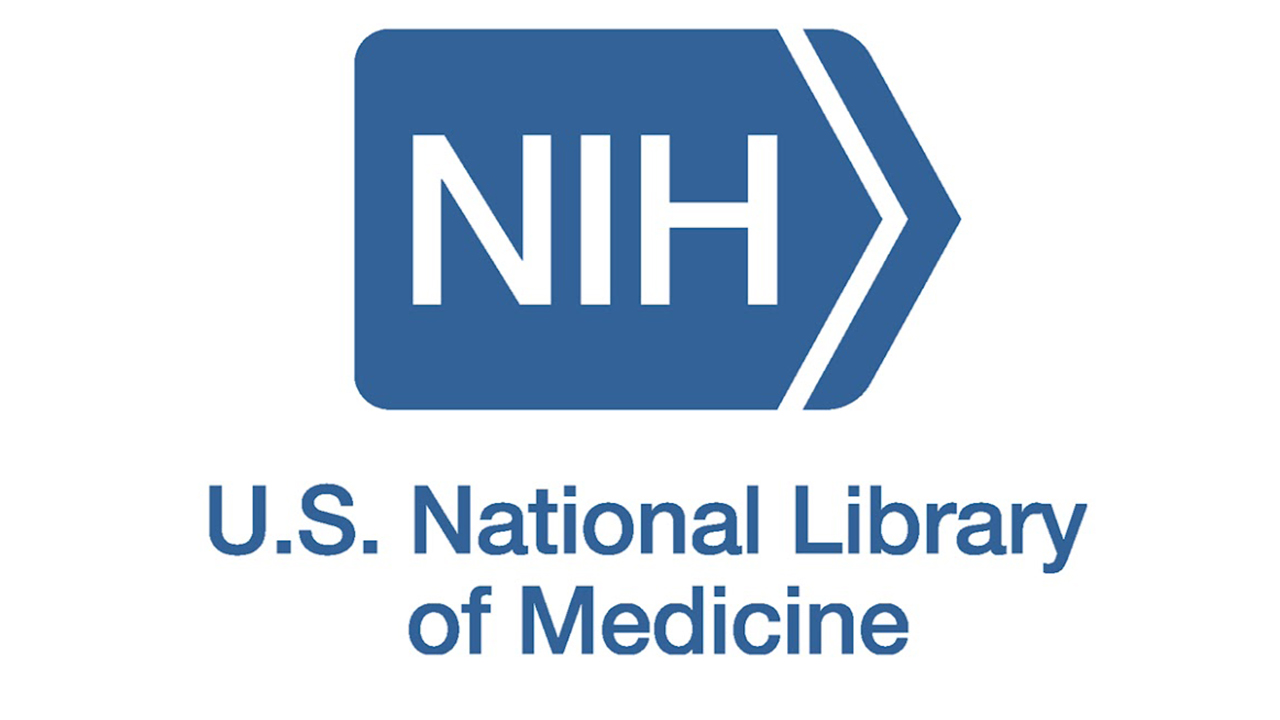According to MedlinePlus, the US National Library of Medicine of the National Institute of Health, it is necessary for us to have Magnesium rich food as it is necessary for more than 300 biochemical reactions in the body.
Magnesium helps maintain normal nerve and muscle function, supports immune system, keeps heart beat steady, helps bones stay strong, regulates blood glucose and blood pressure, and aids in the production of energy and protein.
Early signs of Magnesium deficiency include loss of appetite, nausea, vomiting, fatigue and weakness. In severe conditions symptoms like numbness, tingling, muscle contractions and cramps, seizures, personality changes, abnormal heart rhythms, and coronary spasm may occur.
The best source of Magnesium is green leafy vegetables, legumes, nuts, seeds, and whole grains. Foods containing dietary fibre can also provide for Magnesium. The most recommended types of Magnesium supplements are organic bound magnesium salts, such as magnesium citrate, gluconate orotate and aspartate.

 Do not underestimate the worth and value of Magnesium for your body.
Do not underestimate the worth and value of Magnesium for your body.









.jpeg)


.jpeg)
.jpeg)
.jpeg)
_(1).jpeg)

_(1)_(1)_(1).jpeg)
.jpeg)
.jpeg)
.jpeg)








.jpeg)
.jpeg)